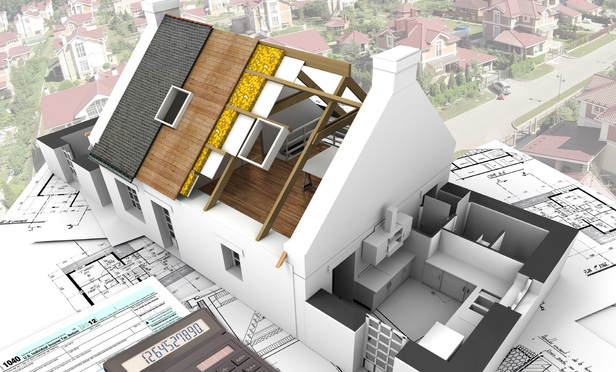The tax law has for many decades and in perhaps uncountable ways afforded special treatment to specifically chosen activities in a manner intended to generate or nurture desired conduct. Charity: good. Homeownership: good. While the voices calling for comprehensive reform are loud and growing louder, our matrix of tax law, with its design to incentivize and achieve good results, seems to remain a fixture and so, if we want to achieve something, shouldn’t we pursue our goal with guns blazing?
For example, our tax law recognizes the foundational importance of, and promotes, American residential communities, places where people build and share their lives, together, creating the bonds that fortify our society. To this end, America’s residential developers are permitted to delay reporting and paying tax on income earned from residential construction contracts until these contracts are complete. While the U.S. government certainly prefers to collect taxes expeditiously, the policy goal underlying this particular deferral regime is considered even more important. The policy goal? America’s residential communities—its “villages”—represent the fabric of our society; our tax law understands this and creates incentives toward the building and population of American communities. The completed contract method, allowed under our tax law only for the builders of America’s homes, is especially tailored so as to delay tax payments and to create breathing room to make ends meet as they cobble together America’s communities.



